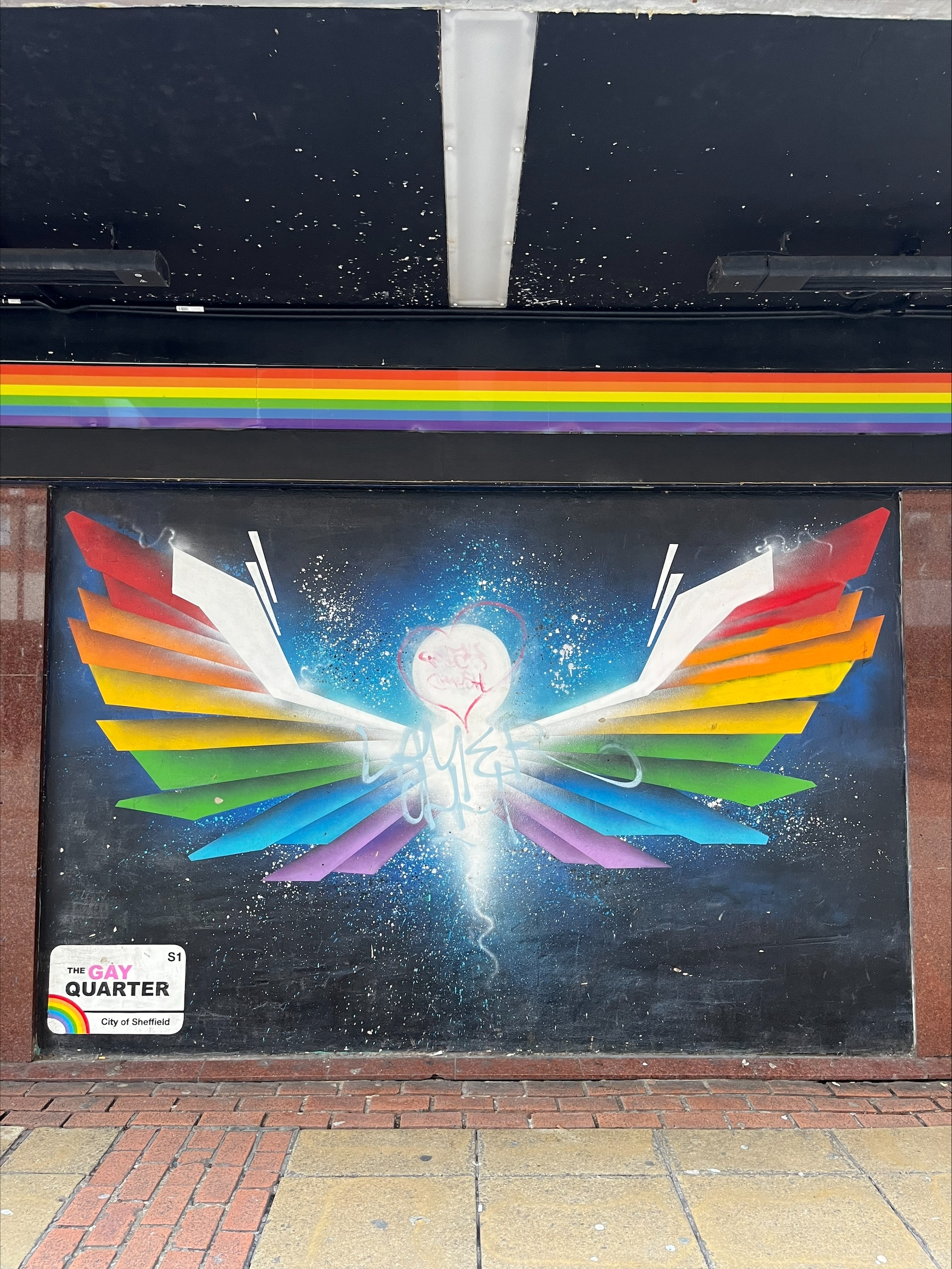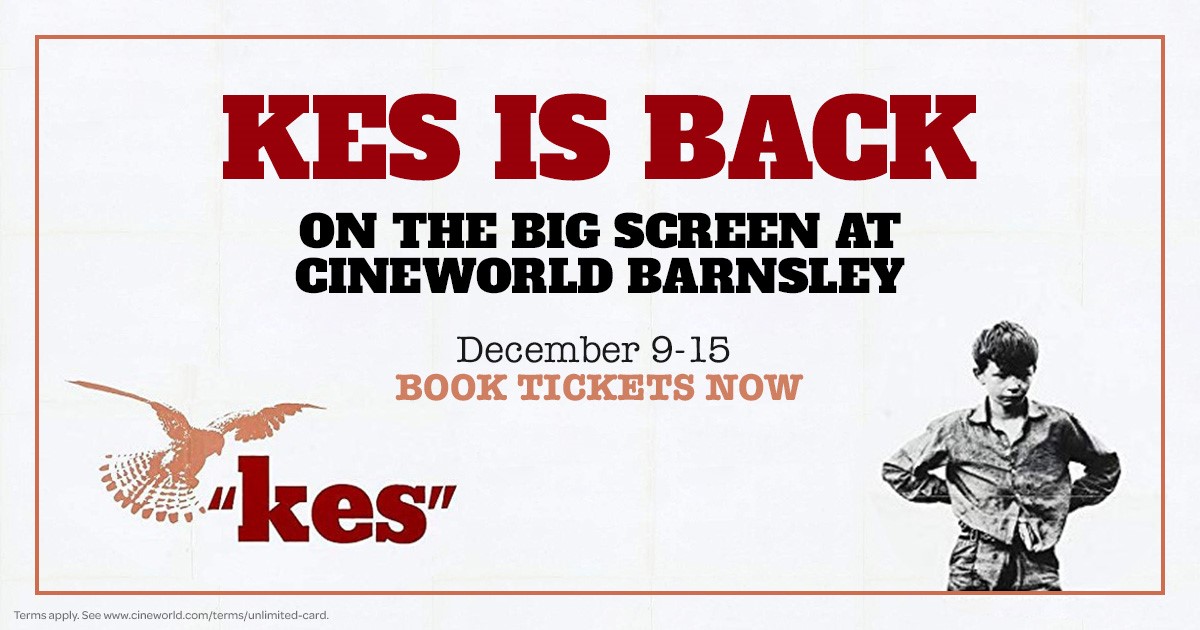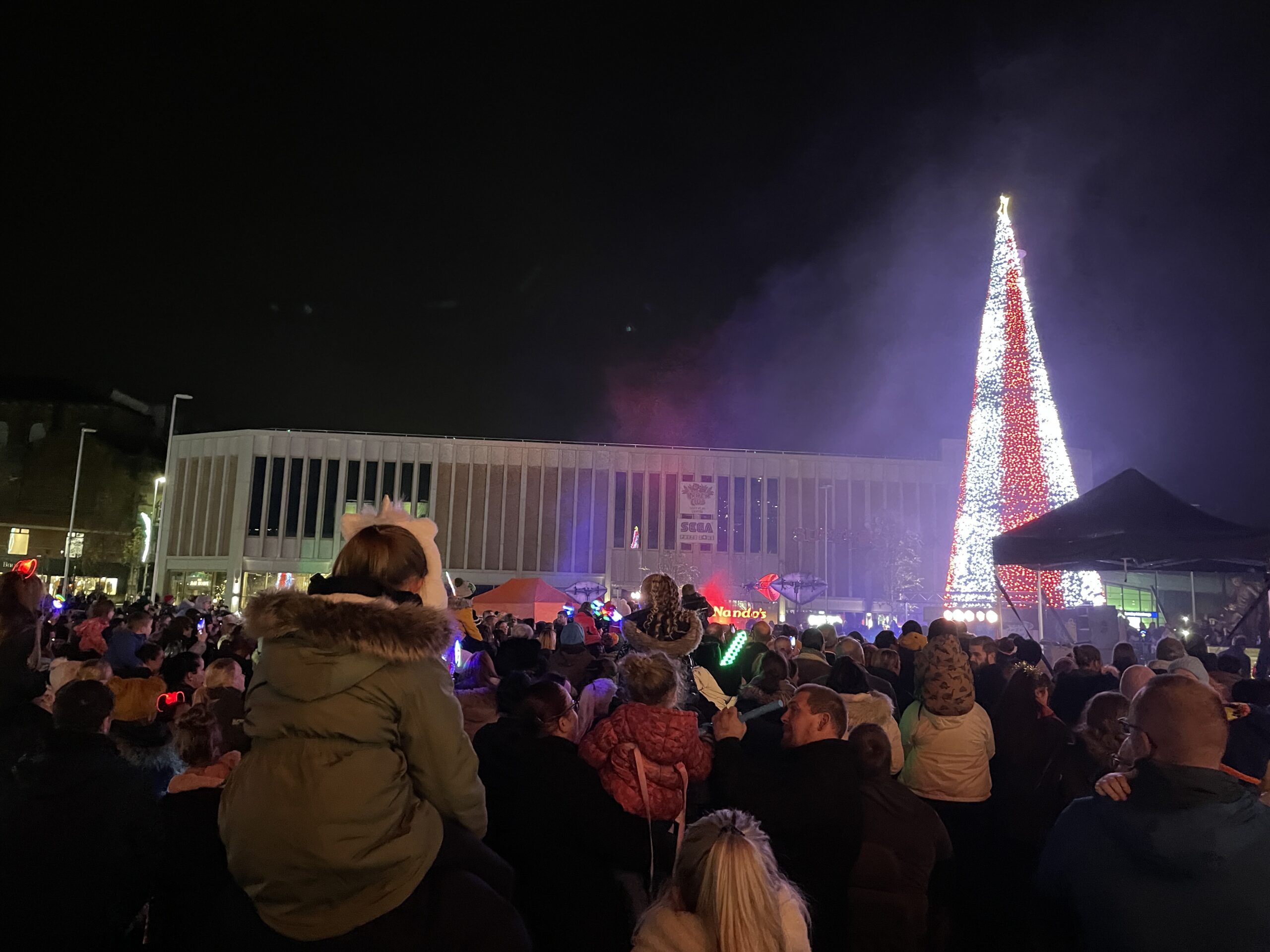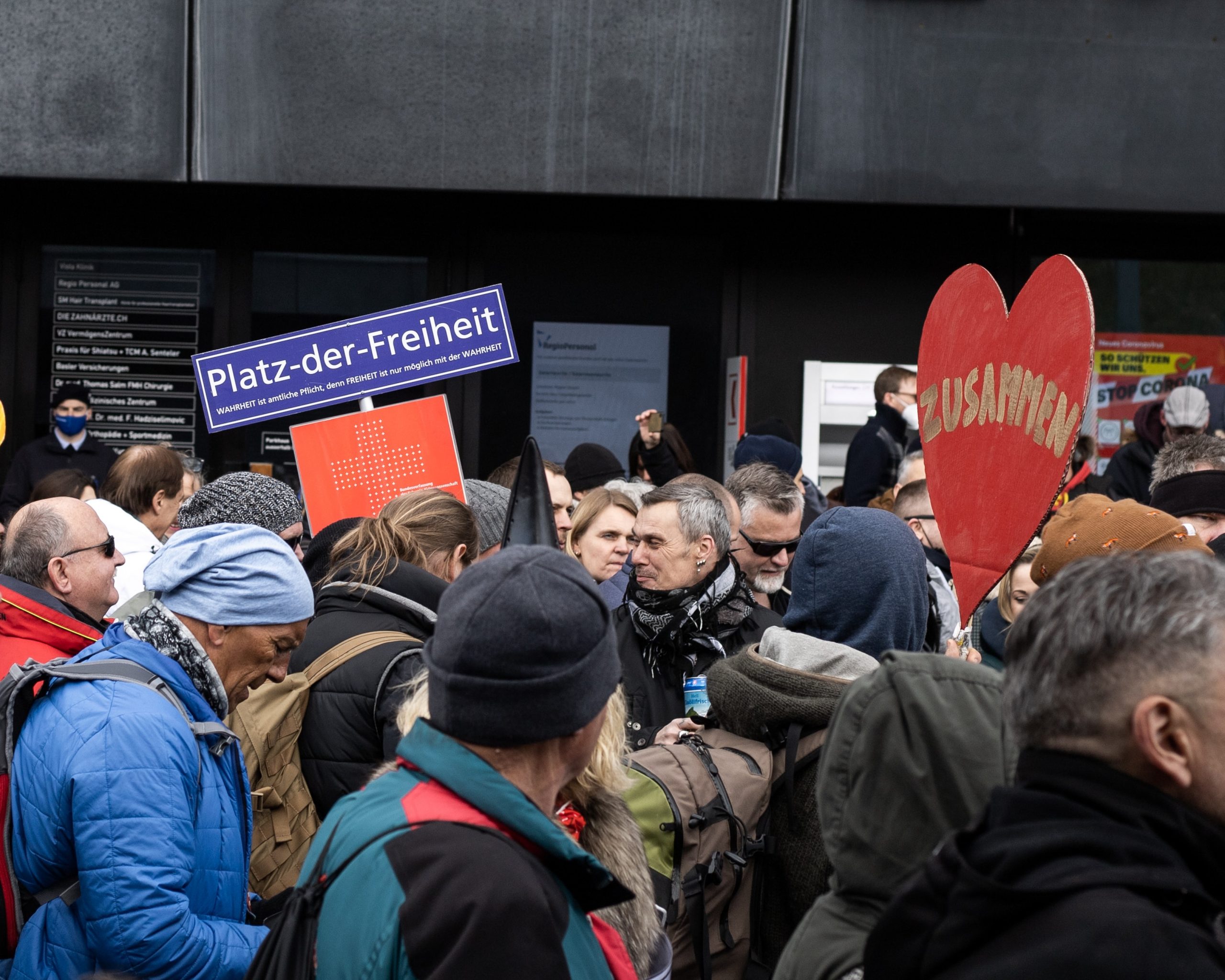Sheffield is home to a thriving and diverse community, this February the city is celebrating LGBTQ+ History Month.
Throughout this month, events are taking place across the city, but is it enough?
There are many people who want to see more done to help create a more supportive, inclusive, and celebratory environment.
Tom Juniper, 44, is a freelance writer and performer, and is passionate about elevating the voices of the LGBTQ+ community.
“I grew up under Section 28, (a law that basically prohibited any discussion of LGBTQ+ issues in schools from 1987 to its repeal in 2003) so I never had the chance to learn anything about people who shared that aspect of me or my community,” they say.
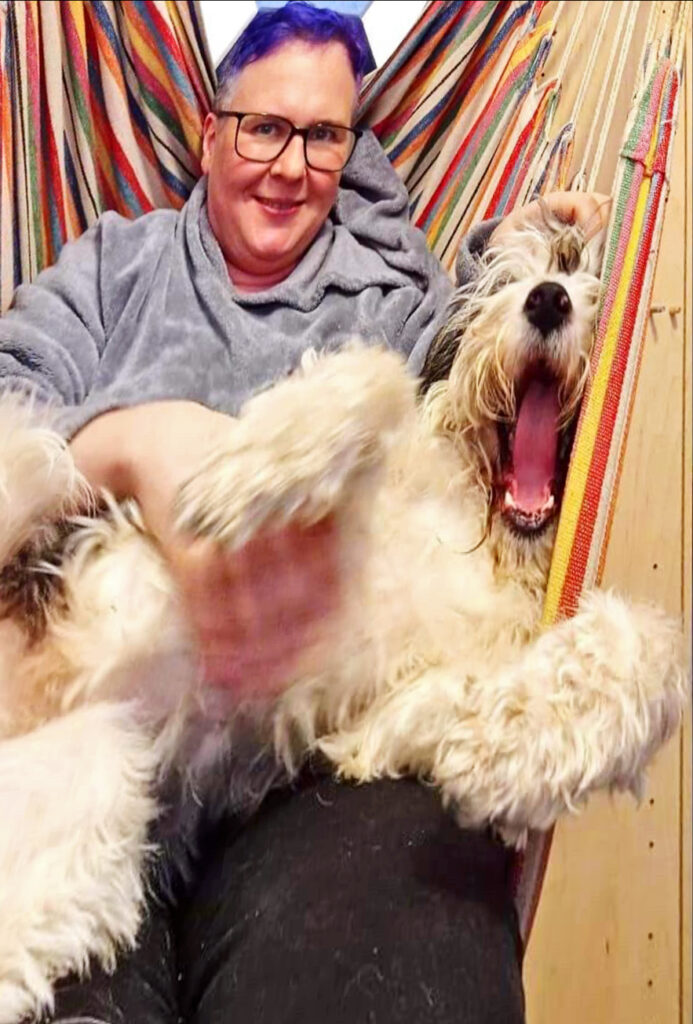
Tom wrote a collection of poems celebrating Maurice Dobson which featured at the Barnsley Book Festival this month. Maurice Dobson was born in Darfield in 1912 and lived openly as a gay man with his partner Fred; despite the attitudes of the time, they were generally welcomed by the community.
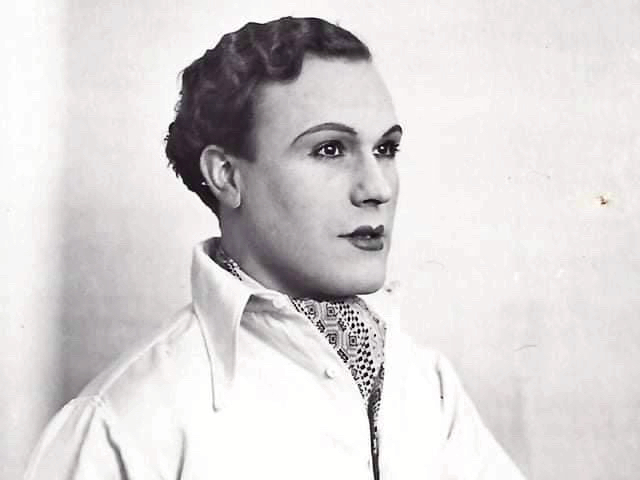
Tom acknowledges this was quite an unusual situation. They say: “I think because of censorship of LGBTQ+ plus issues in the media up until quite recently, a lot of people think of LGBTQ+ identities as something new.
“Trans identities are often depicted as something that only just started happening recently but if you look at our history, you soon discover that we’ve always been here!”
While younger people in Sheffield can find LGBTQ+ venues more easily, many of the venues which older generations used to visit have now closed, with many findings increasingly less spaces to connect with others.
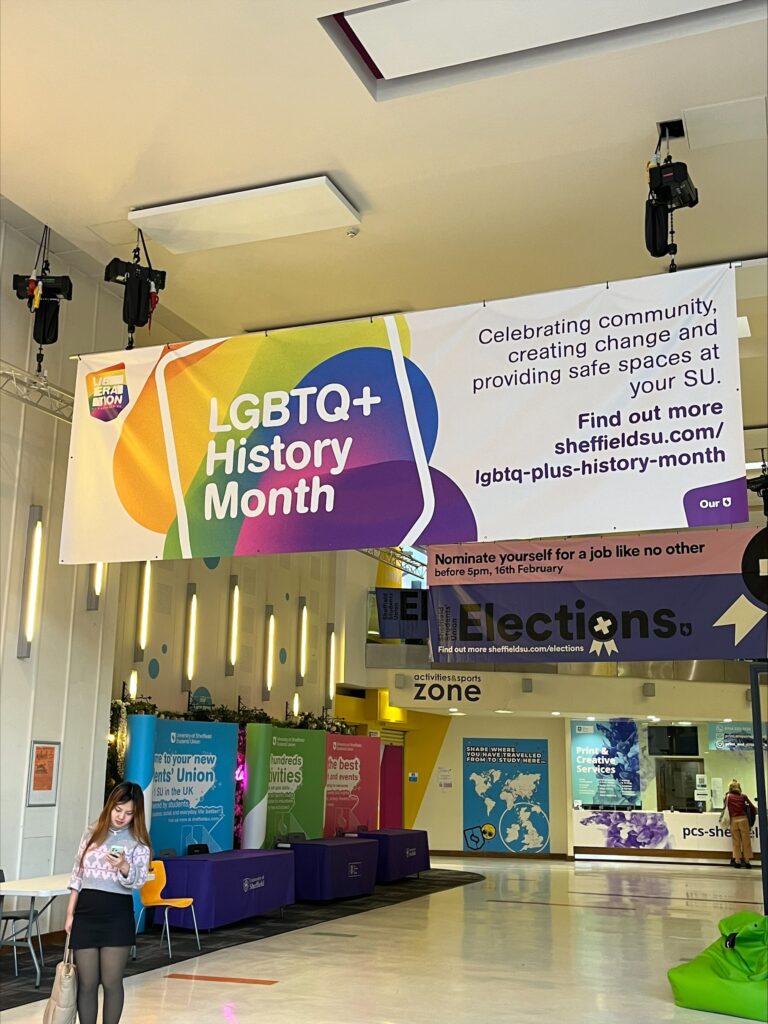
Rachel Guildford works for Zest, a charity who run a session for LGBTQ+ people who are over 50 in Sheffield. “We were originally set up when it was recognised as a need for an individual who identifies as LGBTQ+. We recognised that a more diverse group was needed. We also started as a dementia and neurodivergent friendly group. We saw that there was a real gap in provision for over 50s, whose experience is different from young people.
“We do things including bird watching, meditation, we always have refreshments and talk. We focus on connections in life experience, we try to be a community for the creative minded, there’s no judgment.
“We provide a space where people can be themselves and be honest. People often share their stories of working out they were different.
“My favourite part of hosting the session is just feeling honoured to hear people’s stories, it may be that they haven’t felt heard in other spaces, and now they feel heard with us.”
Jake Hall, 30, is a freelance writer and author of The Art of Drag and Shoulder to Shoulder. Born and raised in Doncaster, Jake moved back to Sheffield in late 2020 and recognises the city as a great place to be – thanks to the likes of Gut Level, SADACCA, Cryptid Queers, Juno Books.
“To me this month is an opportunity to spotlight brilliant researchers, and to think about why these histories are still so important,” says Jake.
“There’s this widespread idea that queerness is something new, but we’re just learning new words to describe it; if you dig deeper, there have been same-sex couples and gender diverse people around for ages, and not all of them have met these really horrible fates.”
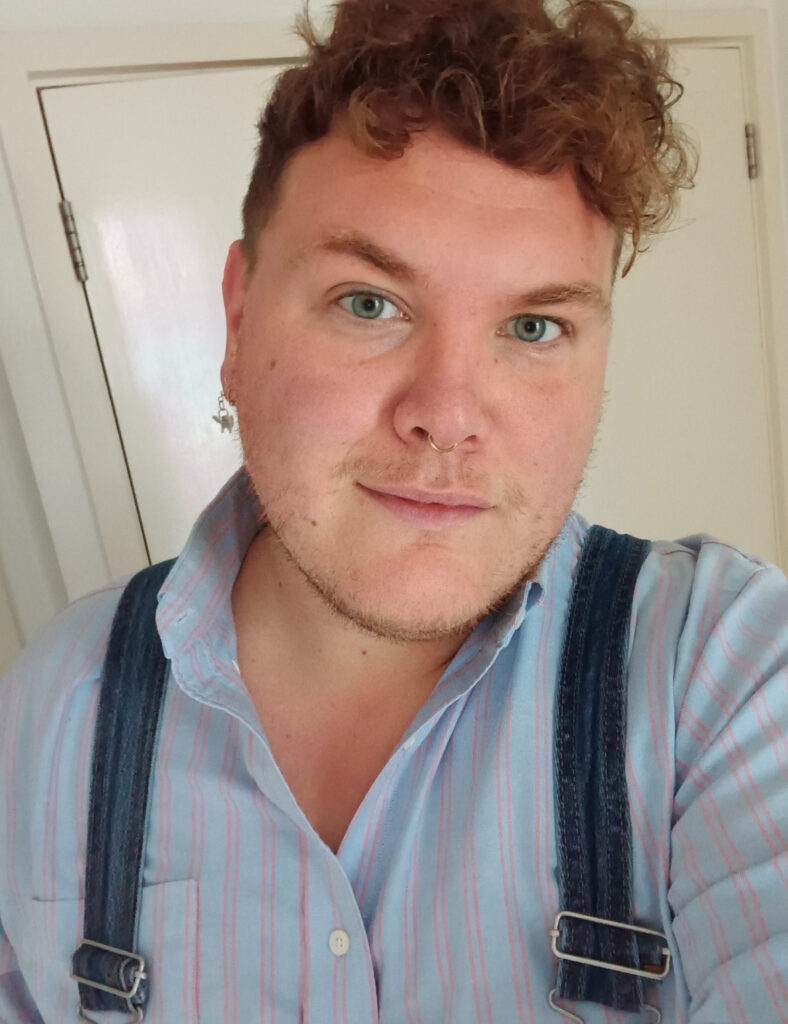
Jakes book, The Art of Drag, is an illustrated history of drag, which traces the origins of drag as an artform and highlights drag has always been political. Their new book, Shoulder to Shoulder, which comes out on May 23, is about how queer movements and coalitions have worked with other marginalised groups to fight for their broader liberation.
They say: “It’s difficult, because I’d love to see LGBTQ+ histories uplifted and amplified more often, especially local and working-class histories. I do quite a lot of work with LGBTQ+ young people, and some of them are really surprised to learn that gender diversity has existed for centuries, especially in pre-colonial societies.”
Jake is passionate about documenting all elements of history which affects their community, from the joyful aspects to the resistance and struggle they are often faced with.
They say: “LGBTQ+ communities are creating and writing new histories as we speak. We’re seeing this enormous wave of Palestinian solidarity; we’re seeing LGBTQ+ people lead trade unions and boycott campaigns.
“On a more basic level, we’re seeing rising awareness of T4T relationships (those between two transgender people) and rising awareness of the idea that we build communities of care for each other, often because nobody else will.”
You can attend the free Zest sessions by contacting 0114 270 2040.
They run from 1-3pm and we meet on the second Thursday of every month.

